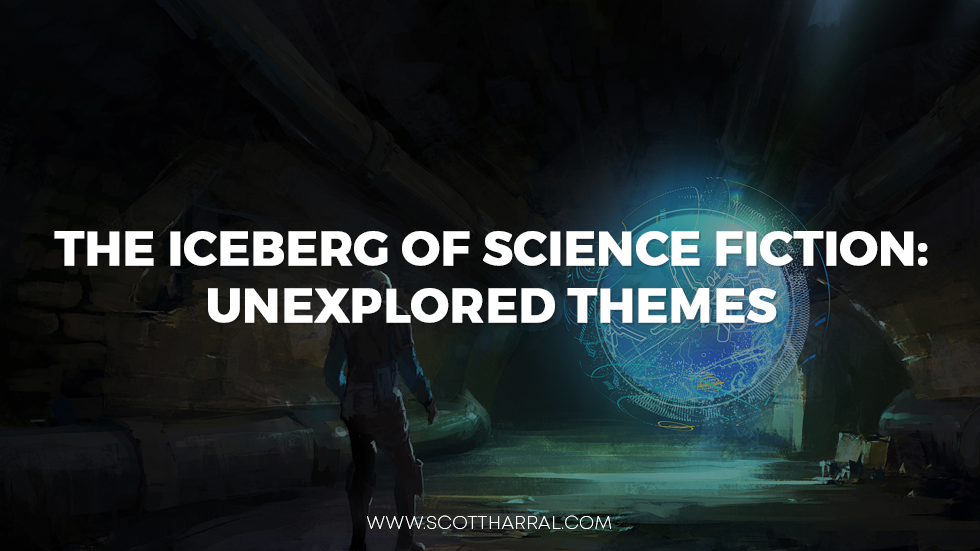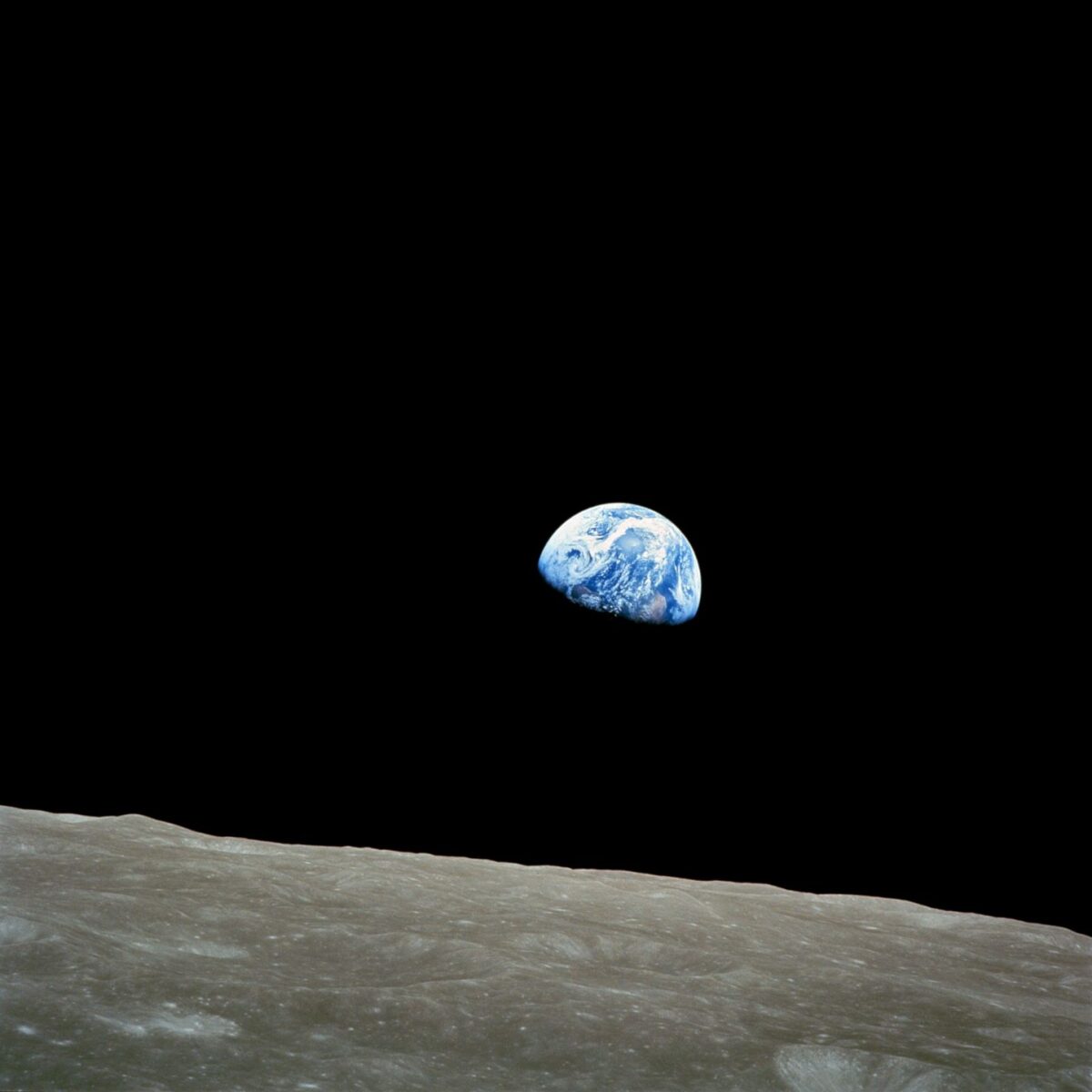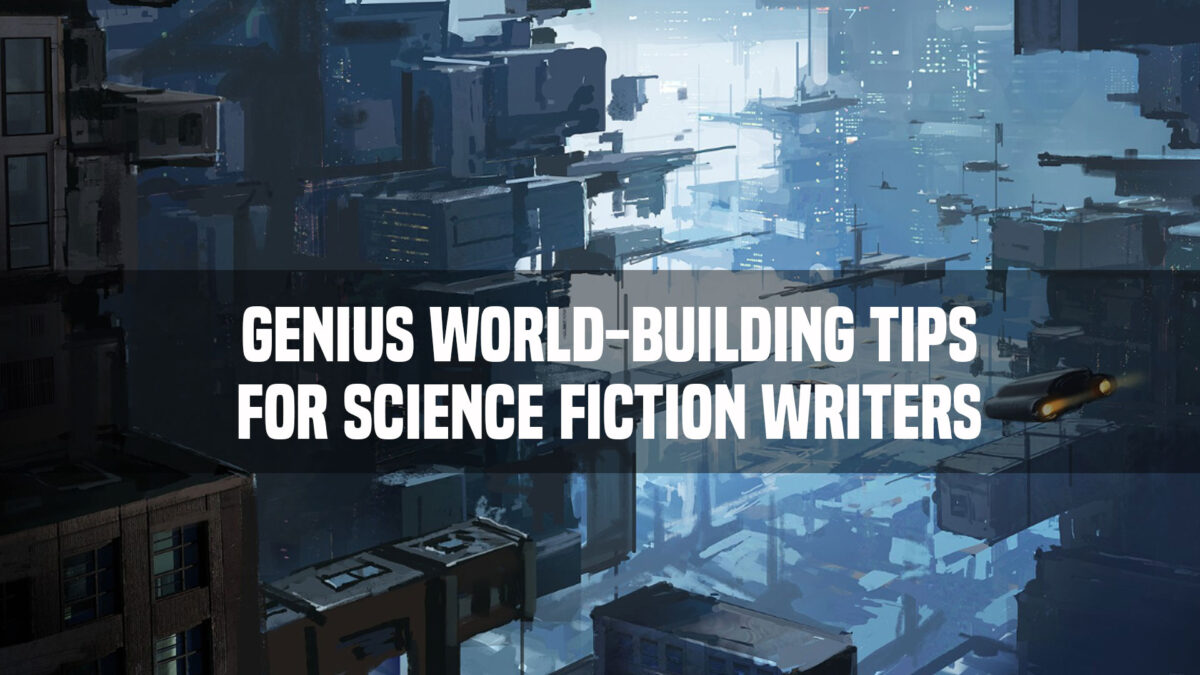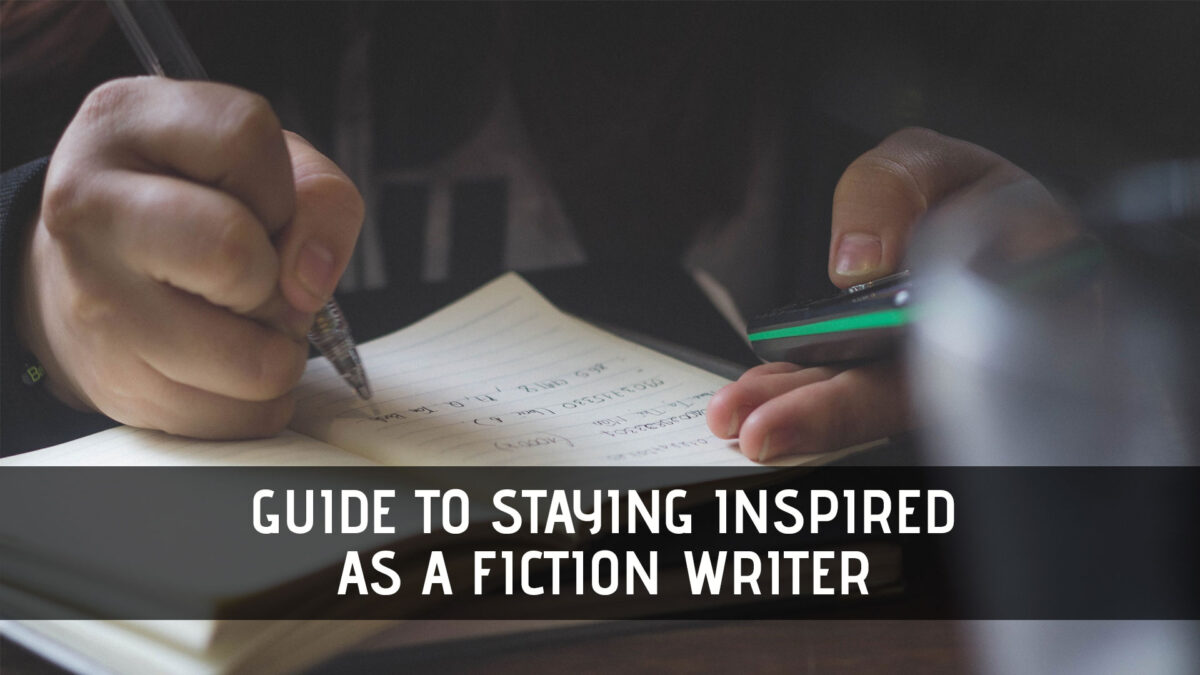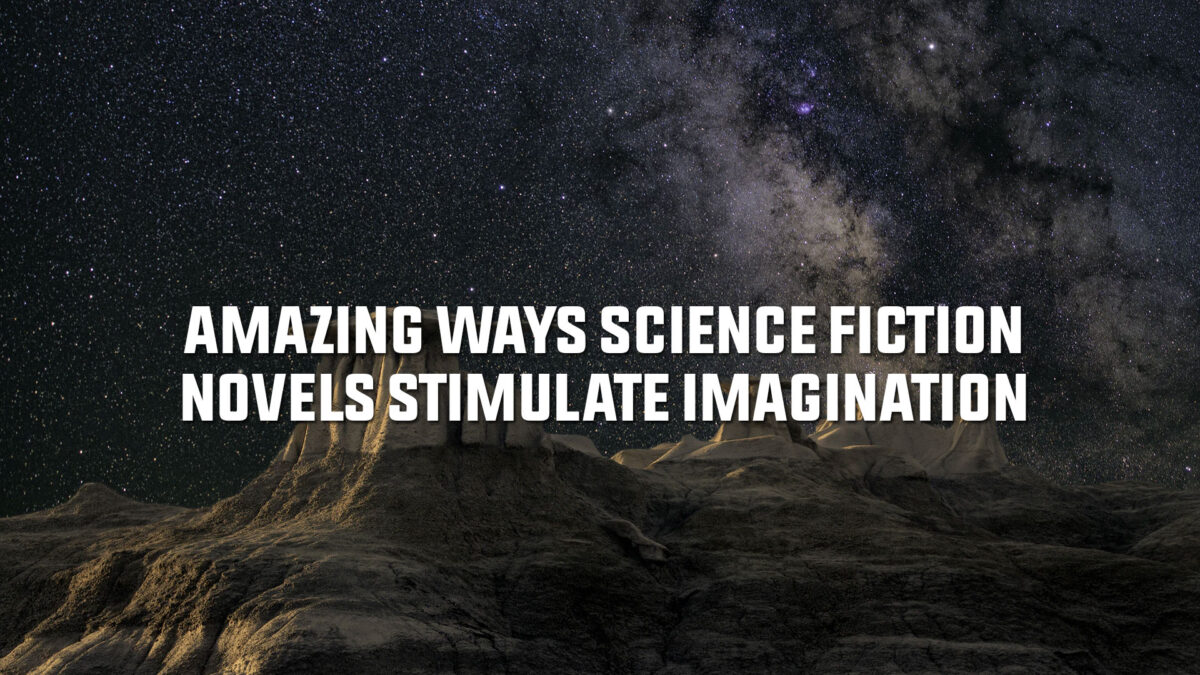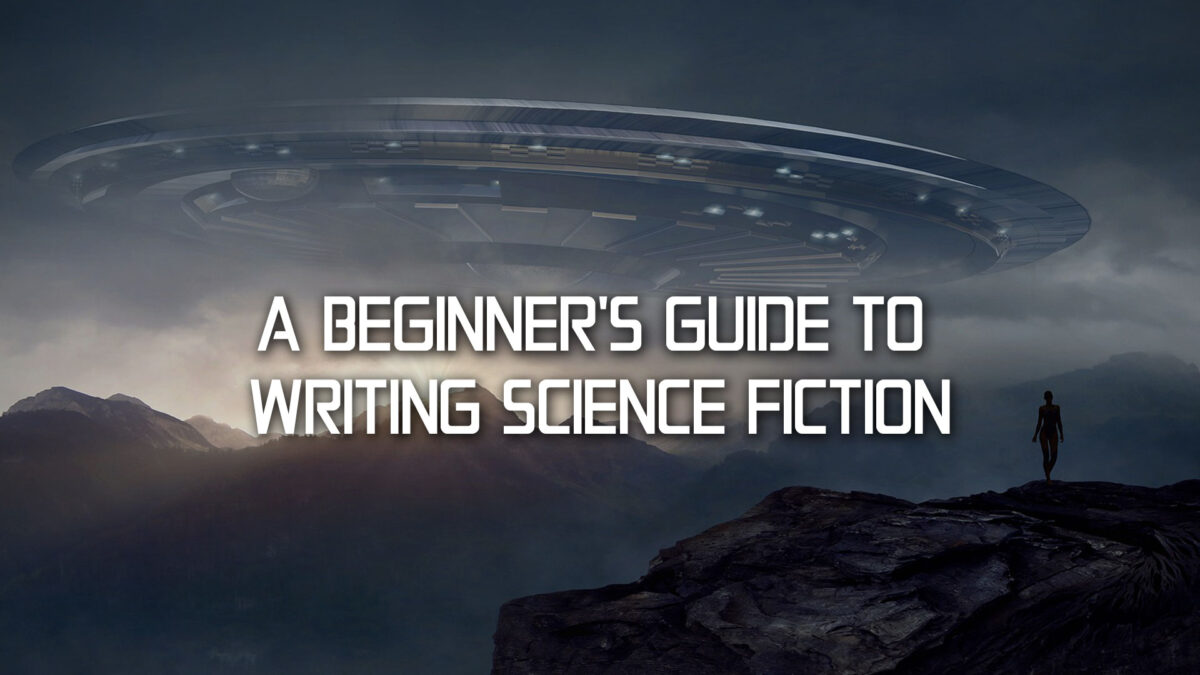Science fiction has drastically changed over the decades. Much of this has to do with humankind’s technological advancements, which leads to multiple discoveries, doubts, and questions about the earth and the universe beyond it.
The genre of science fiction explores the different possibilities that center on the curiosities of the human mind. It reflects how people constantly change and challenge their perceptions of science and technology. Some of the most common themes in this genre aim to answer or make its audience ponder whether other intelligent forms exist outside the earth or if life can exist beyond it?
Science fiction thrives in debates – the divided sides people take regarding the questions of the unknown. But as the world progresses, many of these queries have begun to be proven truth or fallacy. How can science fiction grow as a genre when the curiosities it aims to satisfy are answered? Or will these advancements ultimately mean the extinction of science fiction?
The Subtle Alteration
Most of what people are curious about unknown territories in the world mostly revolve around whether life can survive on other plants or flourish on the moon. This is why most science fiction media are directed toward space travel or experiments to answer those questions. However, as this genre is generally aimed at continuous progression, perhaps it’s about time writers focus on the proceeding “what-ifs,” assuming that answers to these questions have been reached. For instance, instead of focusing on the voyage toward the moon, maybe it’s about high-time that science fiction takes people’s imaginations into how life would be like if people did stand a chance of living on the moon or other planets.
Sure, at this point, there’s still a lot of ongoing research and tests to prove if that’s possible or not, and it’s still an utterly unfeasible experience. But isn’t this also the primary goal of science fiction? To ignite people’s imagination and challenge the existing limits of modern technology? Besides, fiction is fiction. The more closely impossible it is, the more people can discuss it and the more traction it might receive.
Take, for example, Moon Luck by Harral. This book isn’t a narration of traveling toward the moon. Instead, it’s already showing its readers how life would flourish on the moon, following its author Scott Harral’s perception – what kind of machinery would help people live, what routines would they be doing there. And Harral depicts it not like how people would imagine it to be. There are no houses or malls like how it is on earth. Though the book isn’t about any normal life and is, in fact, a thriller, it still gives its readers a glimpse of how life can be on the moon.
Taking It from the Other’s Perspective
Mainstream media has ample content revolving around aliens, whether it be thrillers or actions about an alien invasion or the comedies about these creatures trying to blend in with humankind. But what writers haven’t explored much about are alien invasions from the aliens’ perspectives. People have seen and read about how humans were to react if aliens landed on the earth. But how about the aliens? How would they respond to the difference in appearance or their planets?
A Contrast to the Politics
Most of what people see in science fiction regarding the discussion of politics leans toward the negative end of its spectrum – military empires, feudalism, a government so unprincipled that it triggers a revolution amongst its people. But these are the overused type of politics in media that it’s become a familiar and expected trend – bad governance equals the need to revolt. How about taking this idea and putting it in reverse?
How will people react to highly decorous and conventional governance? Perhaps, one so good that it brings in new sets of politics and morality that it instead pushes its citizens to rebel or dissent against their goody authorities? How will people react and take advantage of it when given so much freedom and goodness?
Realistically, How will the World be Years from Now?
There’s almost always an exaggeration when it comes to the future in science fiction. When media talks about the future, there’s always the existence of flying cars or a broken-down society. But let’s face it, a couple of years from now, there might not be much of a difference nor any grandiose advancements in technology to how it is now. And perhaps it’s an exciting idea to explore that realistic side of the future. Rather than making everything excessively advanced, why not do something small and create conflict from that. This way, it will spark the most realism in the audience, giving them a sense of dread with the high possibility of it happening.
For as long as there are existing technological and scientific breakthroughs, science fiction won’t cease to exist. The only thing writers need to do isn’t think of entirely new topics to tackle. Instead, tweak existing ones. This is how science fiction can continue to be a place of discussion and debate about the world’s endless possibilities.


